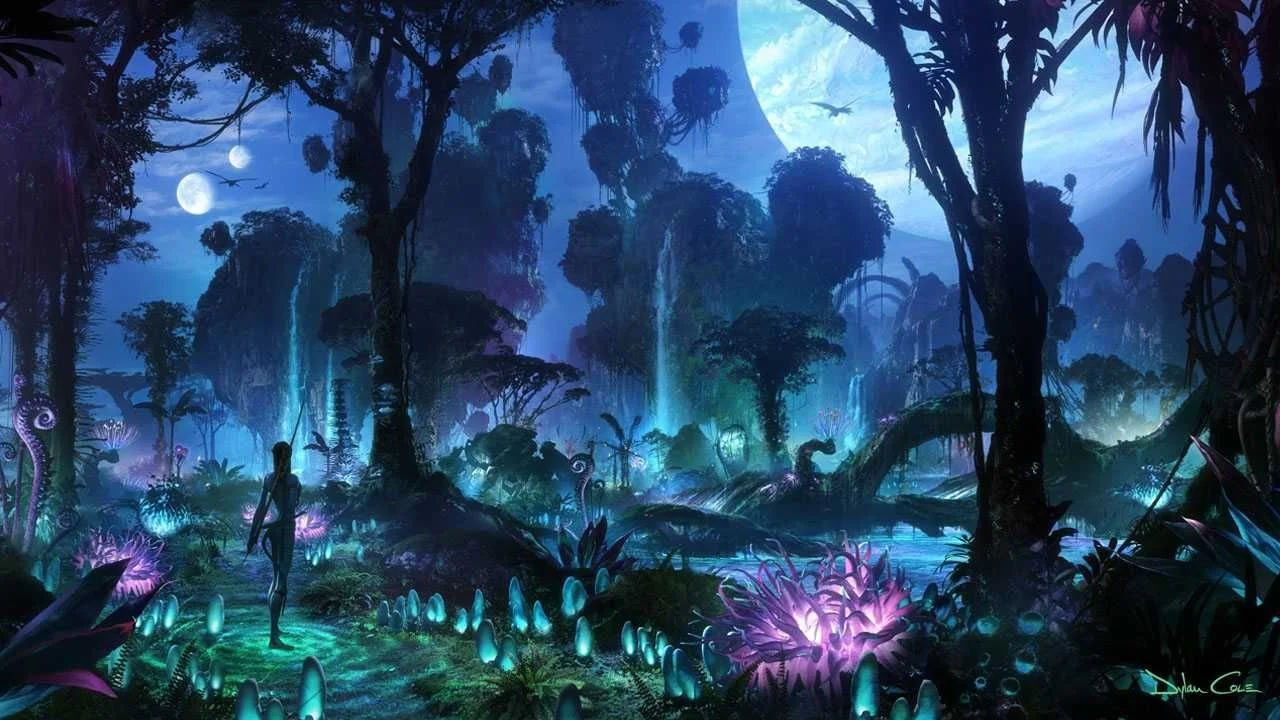Fantasy Settings: Why Do They Matter?
/We’ve taken a look at weapons. We’ve taken a look at magic. Now, let’s dive into what is arguably the most important aspect of a story: Setting.
The beautiful thing about fantasy is that you can do as much or as little world-building as you desire. There are some, like J.R.R. Tolkien, who spent years crafting and building their worlds. Then there are others, like Rick Riordan, that spent more time crafting the lore and mythology that goes behind a story.
But why do authors spend hours, if not years developing all this detail? In Tolkien’s case, especially, not everything is actually shown in the story. Being able to create a living, breathing story where readers can get sucked into and lost for hours requires attention to detail. Even if the reader is only shown 1/10th of the world, an author needs to know it, so that they can keep the story well-grounded.
What do I mean by well-grounded? Well, while you may never set foot in the world your story is set in, the characters that you write about live there. They have knowledge about the borders between their kingdoms, or countries. They also have the knowledge of how magic works, or how many gods govern the world. For them to feel like living, real beings with their own set of beliefs and morals, their world needs to have the little details that will provide the fuel for the characters’ biases to form.
Basically, it’s important to create a world that can live independently of whatever story you write. At least, that’s how I feel, when it comes to fantasy. I like the idea of creating an anthology of stories that follow a world as it evolves, where you can plop yourself at any point in the world, and be able to write a story. Going from a lonely fisherman to the mightiest queen, audiences should still be able to find wonder and magic.
Now, the beauty of creative writing is that you can spend as much or as little time fleshing out your world as you so choose. This is why I chose the two authors I did. On one hand, the J.R.R Tolkien spent a staggering amount of time fully exploring and expanding all the nooks and crannies of Middle Earth. He wrote several languages, wrote songs, went deep into the history and mythology of Middle Earth, and has left us with a rich, detailed world that quite a few people long to live in.
On the other end of the spectrum, we have Rick Riordan. Now, one thing these two authors have in common is that they were heavily inspired by mythology, though they chose different methods of how to apply it. Rick Riordan may not have crafted a completely brand-new world, or even a brand-new mythology based on his passions. But what he did do, was give us a fresh, fun, modern twist on the classic myths. Percy Jackson and the Olympians is among my favourite series. Rick Riordan sets the Greek gods and goddesses in modern times, and delved into how their continued influence would shape the modern world. The heroes in his books are all modern demigods, trying to survive going to school while also being attacked by monsters. Though his world building isn’t as extensive as Tolkien’s, it’s no less rich in its simplicity.
But what makes both of their worlds so fun, is that they’ve created something that makes me want to dive in and never leave. I know I could wander in their worlds and never get bored. But most importantly, the solid foundations of their settings, made it easy for me to imagine their stories taking shape. So, I urge you, my fellow writers, to love the worlds your stories are set in.
Leah Levert
Leah is currently studying Professional Writing. She loves to write and hopes to be able to use her skills to make the world a little easier to understand. When not studying, she can be found at the stable with her horses, or playing video games.





